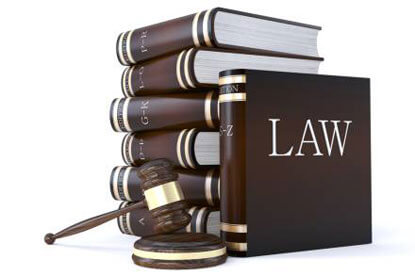U.S. District Judge Gary Feinerman, who froze the assets belonging to Bitcoin exchange Mt. Gox Co., according to Bloomberg News, has loosened his restraint and revised the temporary order that he issued on March 11. The plan is reportedly to allow the movement and tracking of small amounts of the digital crypto-currency.
Bitcoins are created by a process called mining, in which participants verify and record payments into a public ledger in exchange for transaction fees and newly minted bitcoins. Users send and receive bitcoins using wallet software on a personal computer, mobile device, or a web application. Bitcoins can be obtained by mining or in exchange for products, services, or other currencies.
In early February 2014, Mt. Gox, one of the largest Bitcoin exchanges, suspended withdrawals, citing technical issues related to “transaction malleability”. It has been reported that one week later the price of a bitcoin had come down from over US $800 on February 1 to US $400. On February 24, 2014, Mt. Gox’s website was taken offline and all trading stopped.
The FINRA, a United States self-regulatory organization, has warned that investing in Bitcoin carries significant risks. Bitcoin has garnered comments and attention from economists and journalists, as well as investors and speculators. According to Mark T. Williams of Boston University, bitcoin is over 7 times as volatile as gold and over 8 times as volatile as the S&P 500.
Image credits: www.bitcoinfeed.net







































